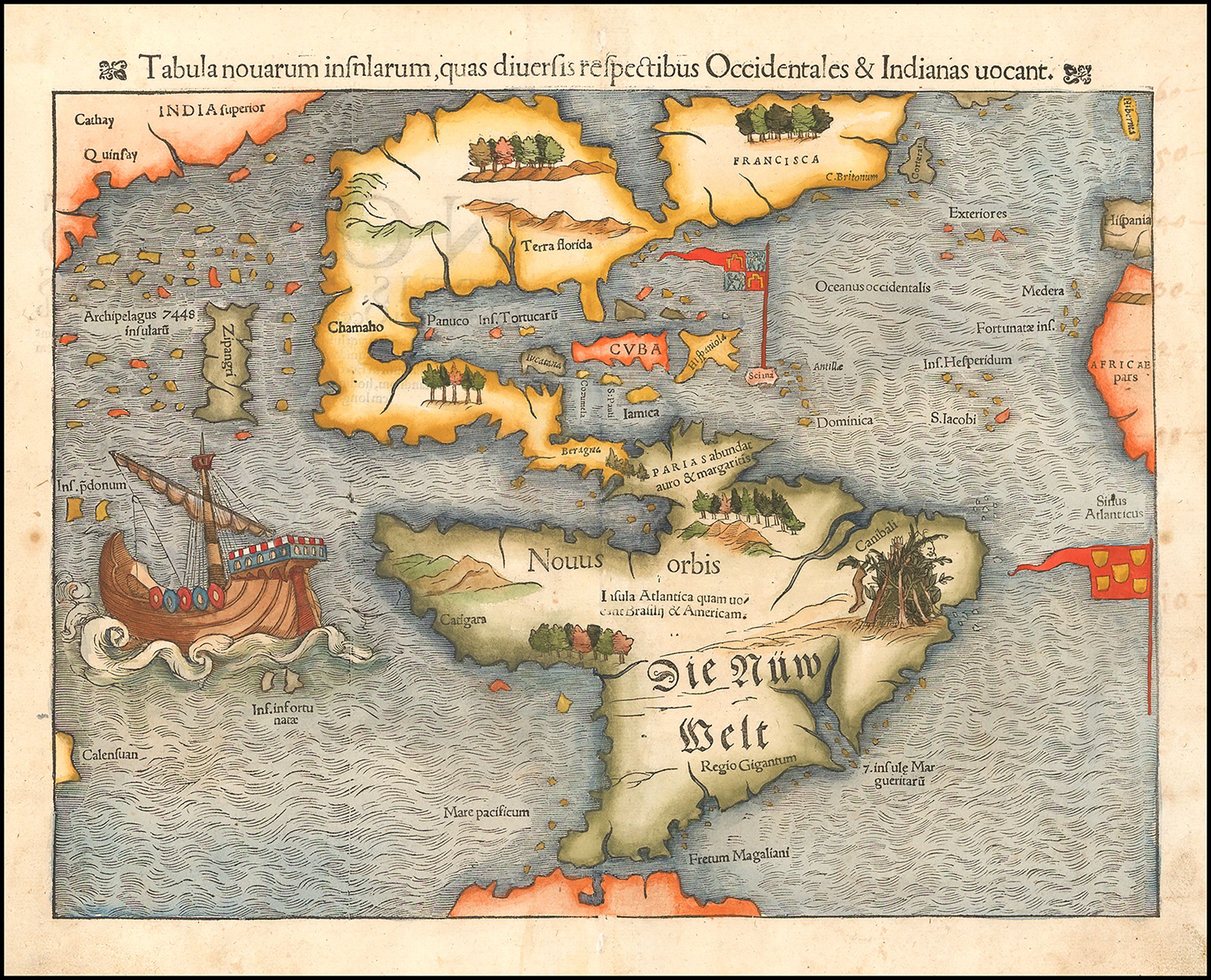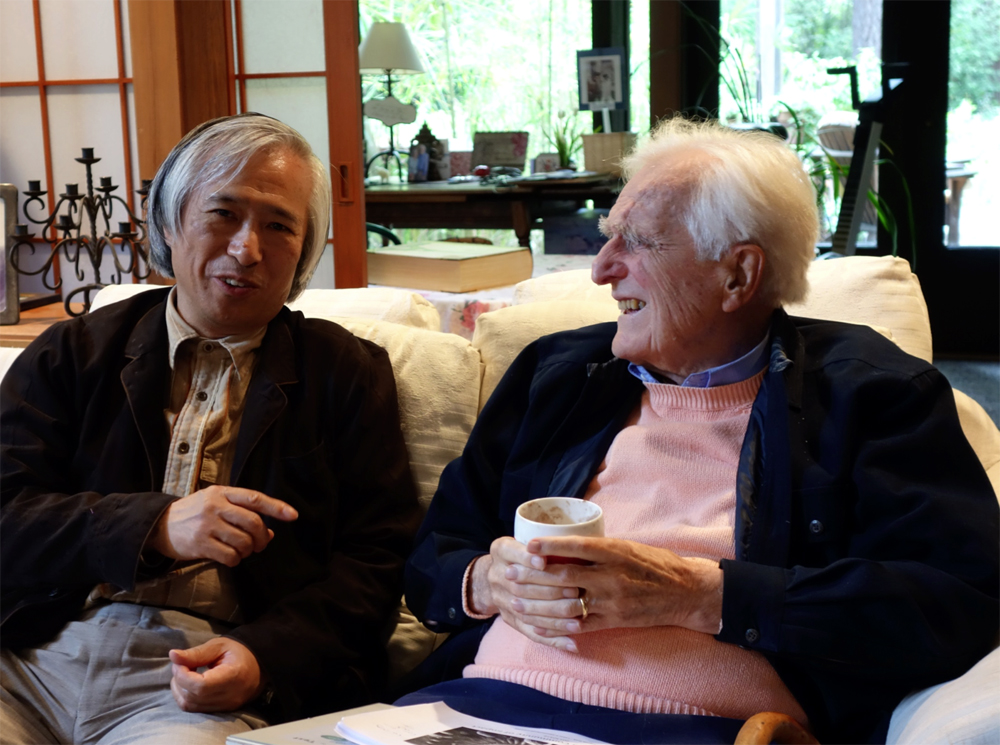APPLICATIONS
Contents
Federation through Applications
A roadmap of a creative frontier
Subtitle

How can we give knowledge real-life impact? How can we change real-life systems? How can we create institutions that are capable of evolving to reflect the present state of our knowledge, and our needs?
We create prototypes – real-life systems embedded in reality, acting upon reality and aiming to change it. The prototypes serve as
- models – because they embody design ideas and solutions in a manner that makes them applicable and adaptable to other situations
- experiments – because being embedded in reality they allow us to see what works and what doesn't
- interventions – strategically deployed to transform systems, and to point to a new direction
By putting a prototype in charge of a transdisciplinary community, to update it continuously, the prototypes are at the same time conceived as a core tool of knowledge federation.
We should also emphasize that the list we are providing is incomplete – our aim is to provide illustrations and highlights, not a complete directory.
Prototypes
Think again about the development of science – as the development of research labs, experiments, theories... Think now about a similar development today – but of an approach to knowledge that can provide us the necessary (evolutionary) guidance, to manage the complex world and evolve further. What would this new frontier consist of? What might we need to do to put such an approach to knowledge into actual practice? What methods, what practices might it require? What follows is a prototype answer.
Another metaphor might be useful: Imagine that we are in 1848 in California, and that we've discovered that there's gold to be mined. But we are here and now, and the 'gold' to be mined is something that can benefit the humanity in an unordinarily large way. And so instead of digging a hole in the ground and beginning to excavate gold, we created a (prototype) railroad, and a school and a hospital... so that lots of people can join us for contribution and benefit.
While waiting for our domain map to be completed (it is currently a theme of a research project) we list our prototypes linearly, beginning from the more technical or "hard", and ending with the most conceptual or "soft". (A domain map is one of the key tools of knowledge federation, a variant of Engelbart's DKR (or "dynamic knowledge repository"). The idea is that a community in charge of a domain should display its domain using a system of maps, that (similarly as the geographical maps) reflect distinct purposes, levels of detail etc.
Knowledge media
By "knowledge media" we mean tools and processes that enable knowledge federation. Knowledge Federation originated as a community of knowledge media researchers and developers, as a place where we can exchange ideas and develop a body of knowledge, analogous to physics and chemistry. And where we may also team up with other people and communities, for real-world knowledge-work system development and impact.
This line of our work perhaps most directly continues the line of work that Doug Engelbart initiated.
The following are some examples of knowledge media systems developed by the members of our community.
Meme Media and Webbles
.
How to best take advantage of the Web's potential to generate new knowledge by combining the old? The Meme Media and the Webbles are both a methodology and a toolkit. They have been developed at the Knowledge Media Laboratory at the University of Hokkaido, Japan, under the leadership of Professor Yuzuru Tanaka. Professor Tanaka was first to use the term "knowledge federation" in the way in which we are using it. See
- Webble World Portal
- M. Kuwahara and Y. Tanaka: Webbles: Programmable and Customizable Meme Media Objects in a Knowledge Federation Framework Environment on the Web Proceedings of the Second International Workshop on Knowledge Federation, CEUR-WS, Vol. 822, Dubrovnik, 2010.
Debategraph
How to enable a global community of interest to organize together the documents and points of view relevant to their domain – and reach insights and conclusions? Co-founded by Peter Baldwin and David Price, who have been collaborating on DebateGraph's development on opposites sides of the world for the last eight years – and is evolving continuously towards the fulfilment of our long term vision for a new medium of public deliberation, communication and conflict resolution.See
Knowledge Gardening and TopicQuests
Engelbart's core idea (what he called CoDIAK and what we are calling the collective mind) is that when people are able to directly interact with the computers, and when the computers are linked into a network, then the people around the globe can think and work together in entirely new ways, well beyond even what sitting in the same room could make possible (he developed the familiar technology to enable that development). Developed by Jack Park and his team, and building on Doug's idea of the DKR, the Knowledge Gardening and TopicQuests are again a combination of a suitable methodology and enabling set of technologies. In 2007 Jack Park initiated the development of the Knowledge Federation community. See
- Jack Park: Knowledge Gardening as Knowledge Federation. Proceedings of the Second International Workshop on Knowledge Federation, CEUR-WS, Vol. 552, Dubrovnik, 2008.
- A technical overview of TopicQuests
Induct
Henry Chesbrough of UC Berkeley observed that innovation can be made incomparably more effective and efficient if it can become "open". Norwegian entrepreneur Alf Martin Johansen undertook to make this opportunity real. The stated goal of Induct Software (the global business that he initiated) is to "interconnect the global innovation ecosystem". See
- Bullet item
Liquid and Author
A consistent application of Engelbart's ideas to text authoring (...) Developed by Frode Hegland. See
CollaboScience
Imagine people sitting around a table. Their task is to co-create a system, their own system, in an entirely new way. They want to be creative in a new way. Imagine a collection of Lego blocks? What are the pieces? CollaboScience is a research prototype of this most timely knowledge media technology. Developed by Sasha and Siniša Rudan. See
- Bullet item
Science
Text
